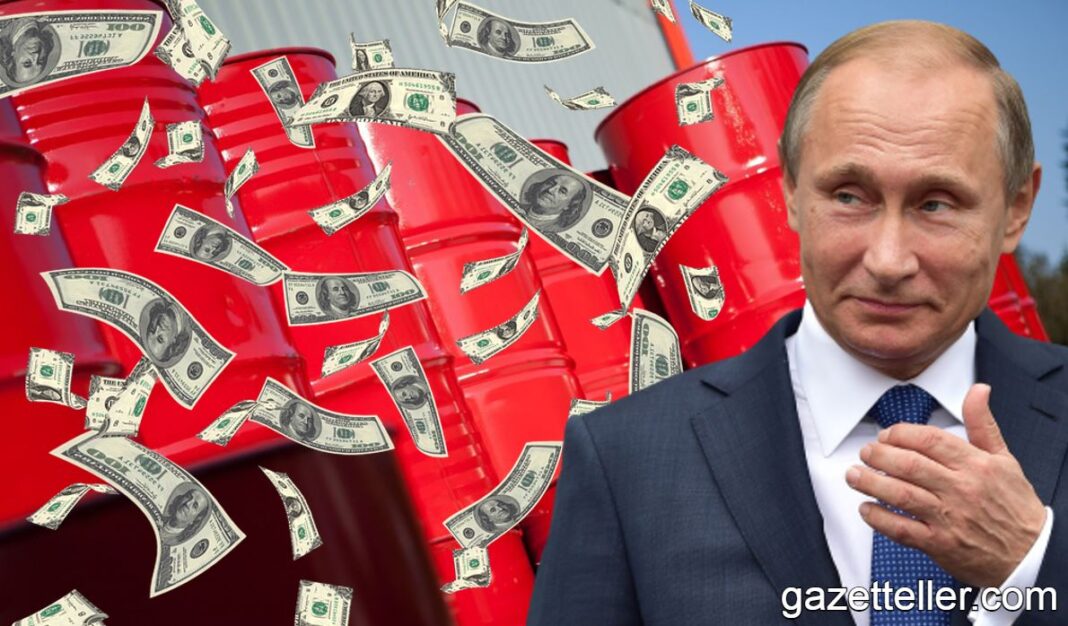In an unprecedented development, Saudi Arabia has been quietly stockpiling Russian diesel, reaching a record high since 2017.
Saudi Arabia’s daily import of Russian diesel and gasoil was reported at 174,000 barrels in April, a sharp rise compared to 137,700 barrels per day in the previous month, as per data from Kpler, an analytics firm. Notably, this figure grew to 191,200 barrels a day within the first half of May alone.
While Saudi Arabia is significantly increasing imports from Russia, it has simultaneously positioned itself as the European Union’s primary supplier, overtaking Russia since February.
Importantly, Saudi Arabia is strictly not reselling the imported fuel to avoid breaching the sanctions imposed by the EU on Russia due to its ongoing military operation in Ukraine.
Informed sources have disclosed to Bloomberg that the Kingdom’s rising refinery output is responsible for the spike in EU exports. This fuel, sourced from diverse regions within the country, is subject to different specifications and frequently linked to long-term supply commitments.
Intriguingly, Kpler’s data also reveals that Saudi Arabia has surpassed the US, securing its position as the world’s second-largest diesel and gasoil exporter. April’s data shows that nearly 35% of Saudi’s total exports were destined for EU member states and the UK.
Despite the sanctions, Russia continues to hold the position of the top diesel and gasoil seller globally.
It’s imperative to further understand Saudi’s strategic maneuvers as they navigate the complex global energy landscape. The implications of this increased import-export activity could potentially reshape the balance of power within the global fuel market.
The continuation of this trend could further strain the relations between the West and Russia, as well as create a significant shift in the global energy supply chain. The coming months will undoubtedly reveal the depth and implications of this recent turn of events.




